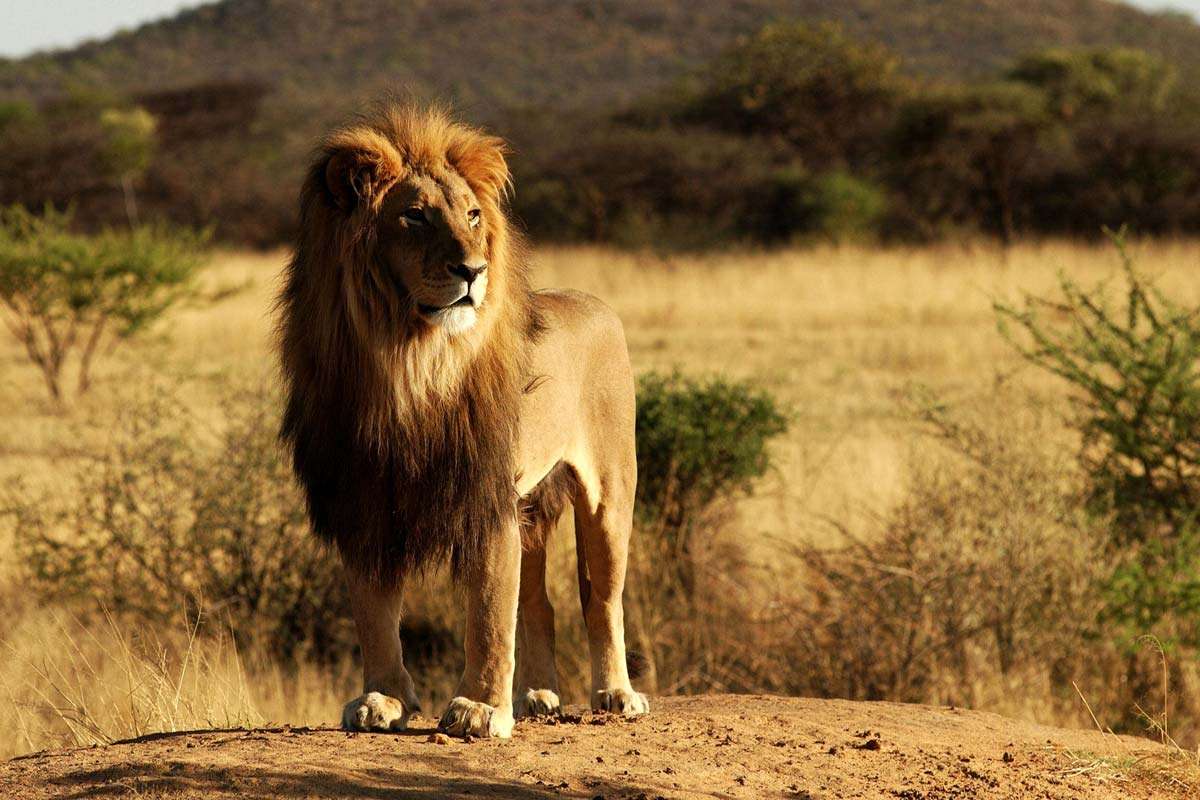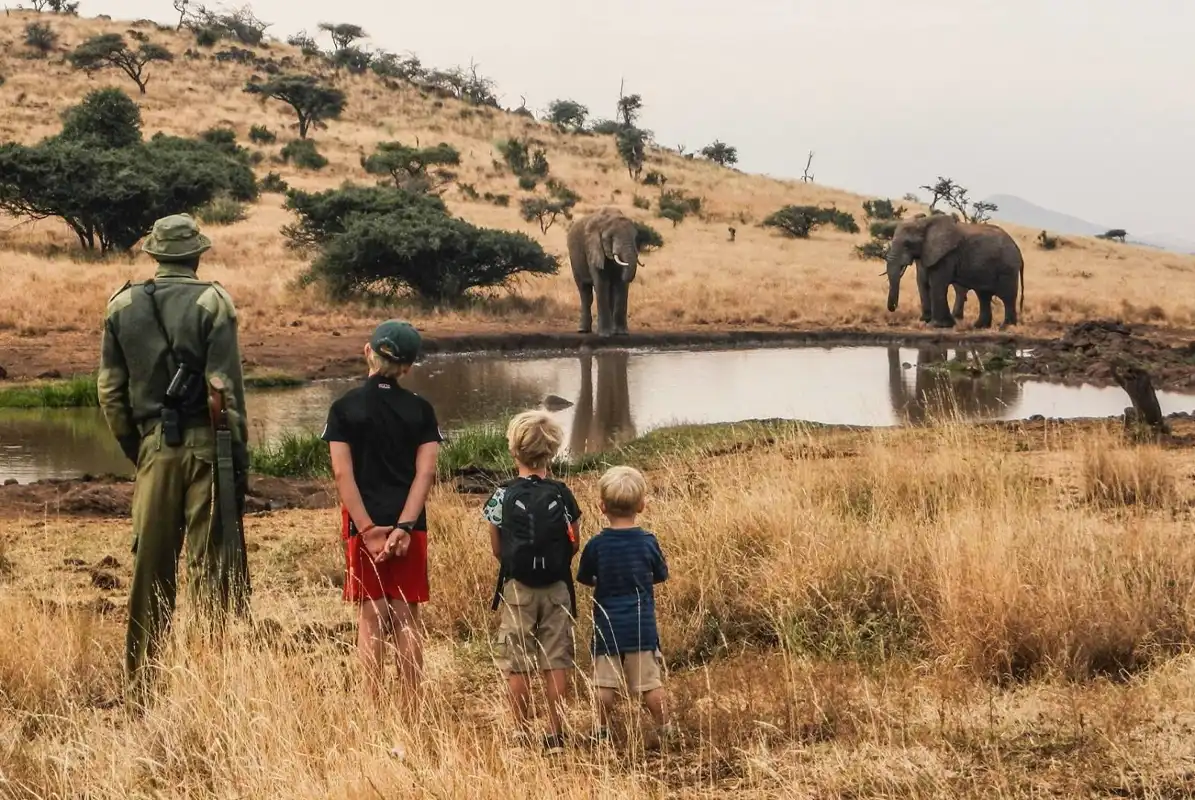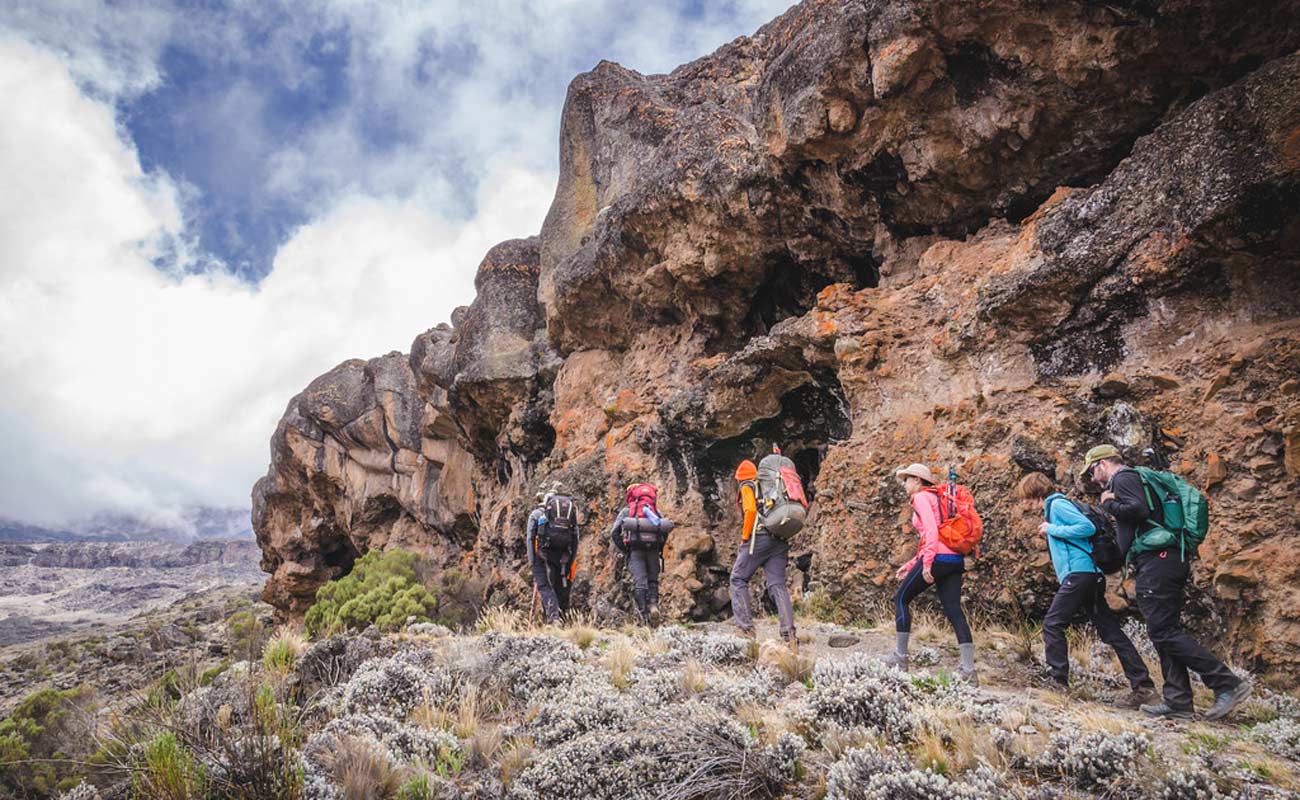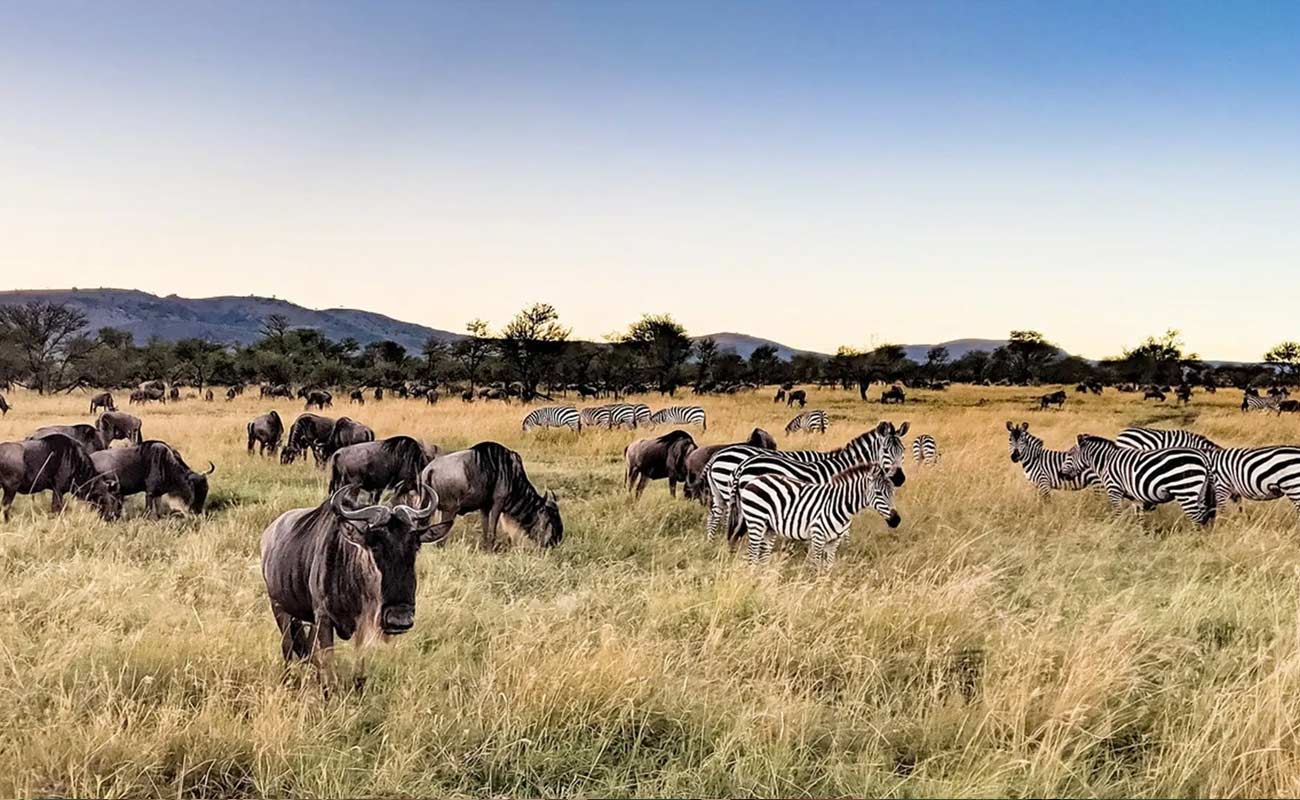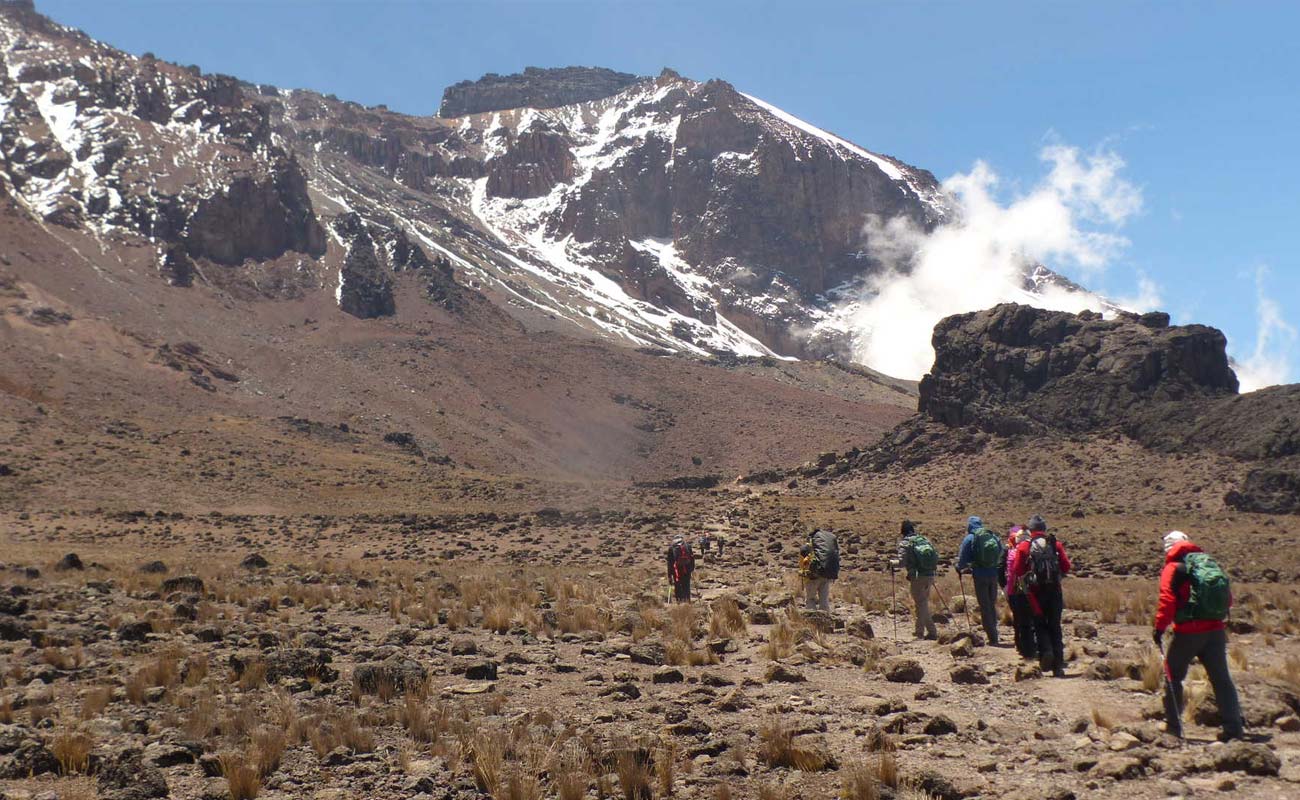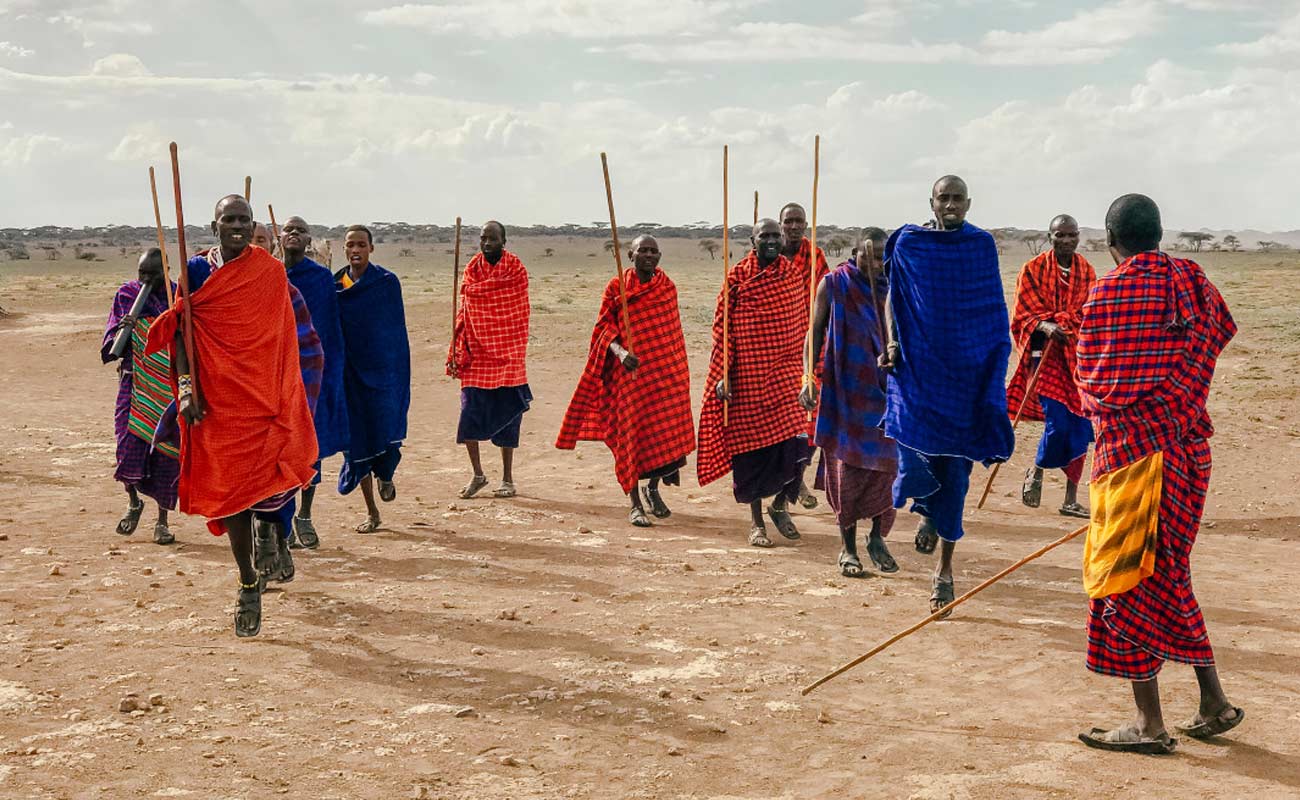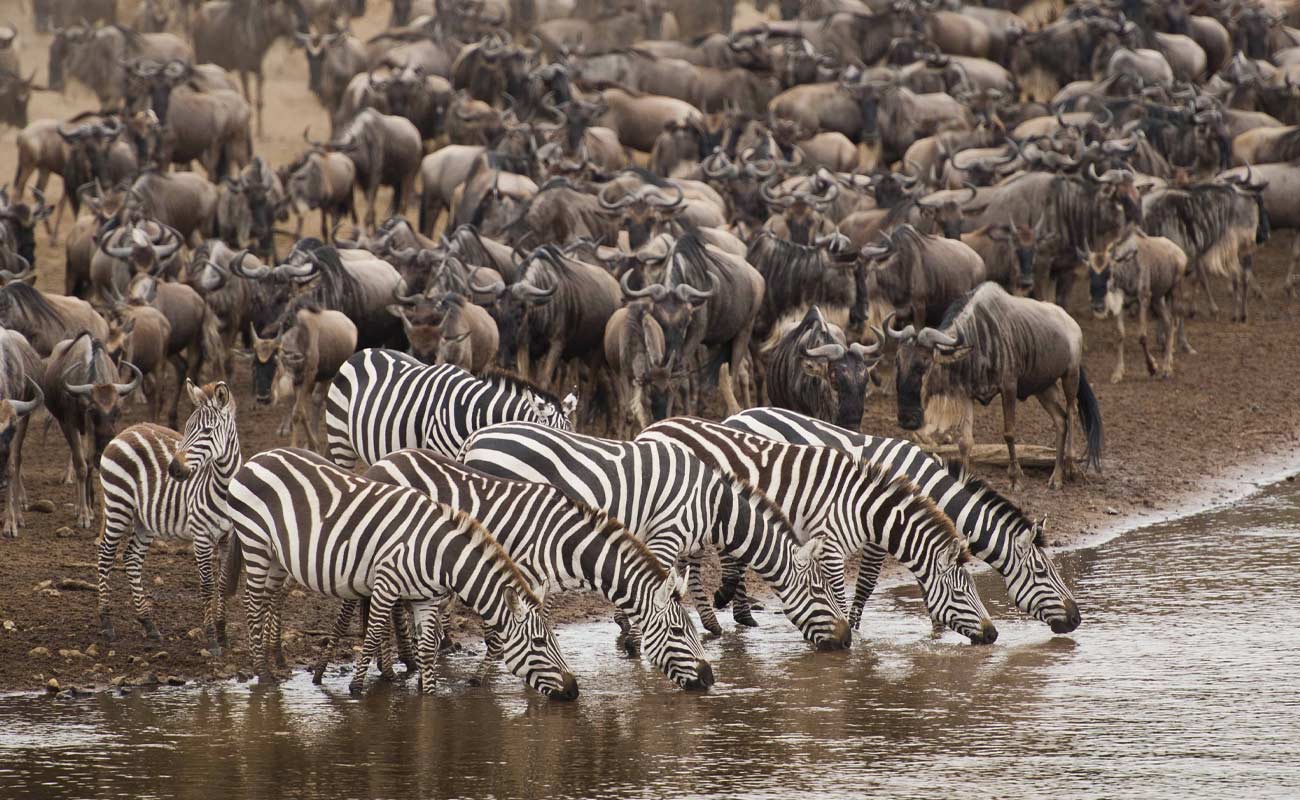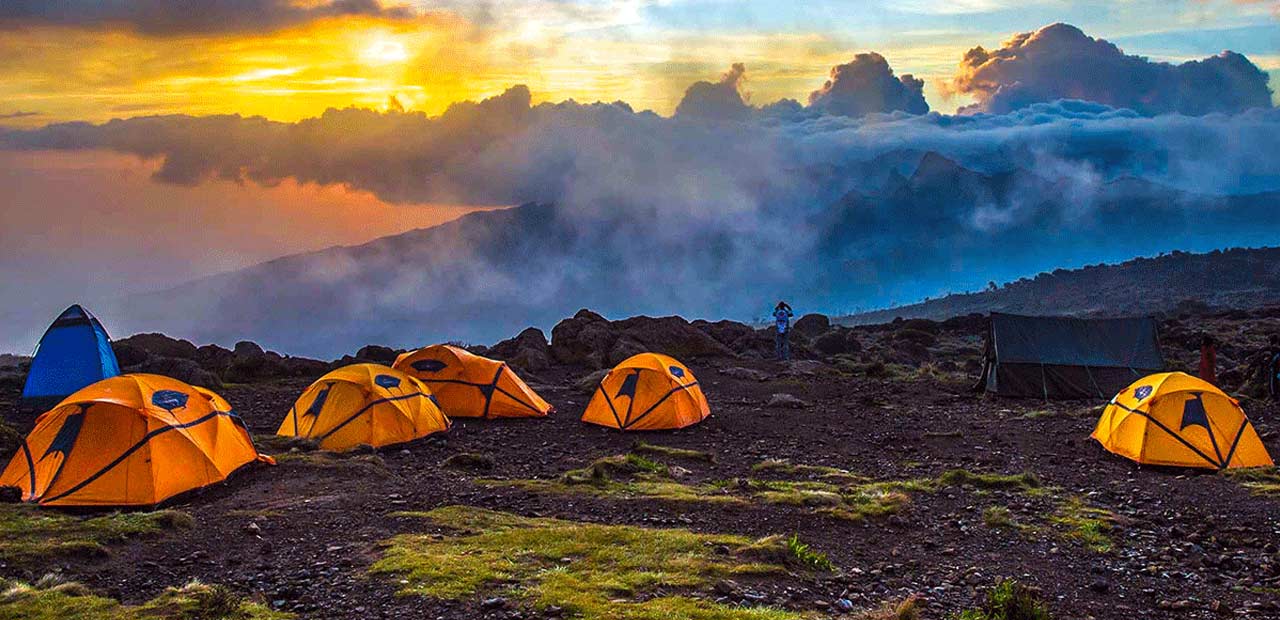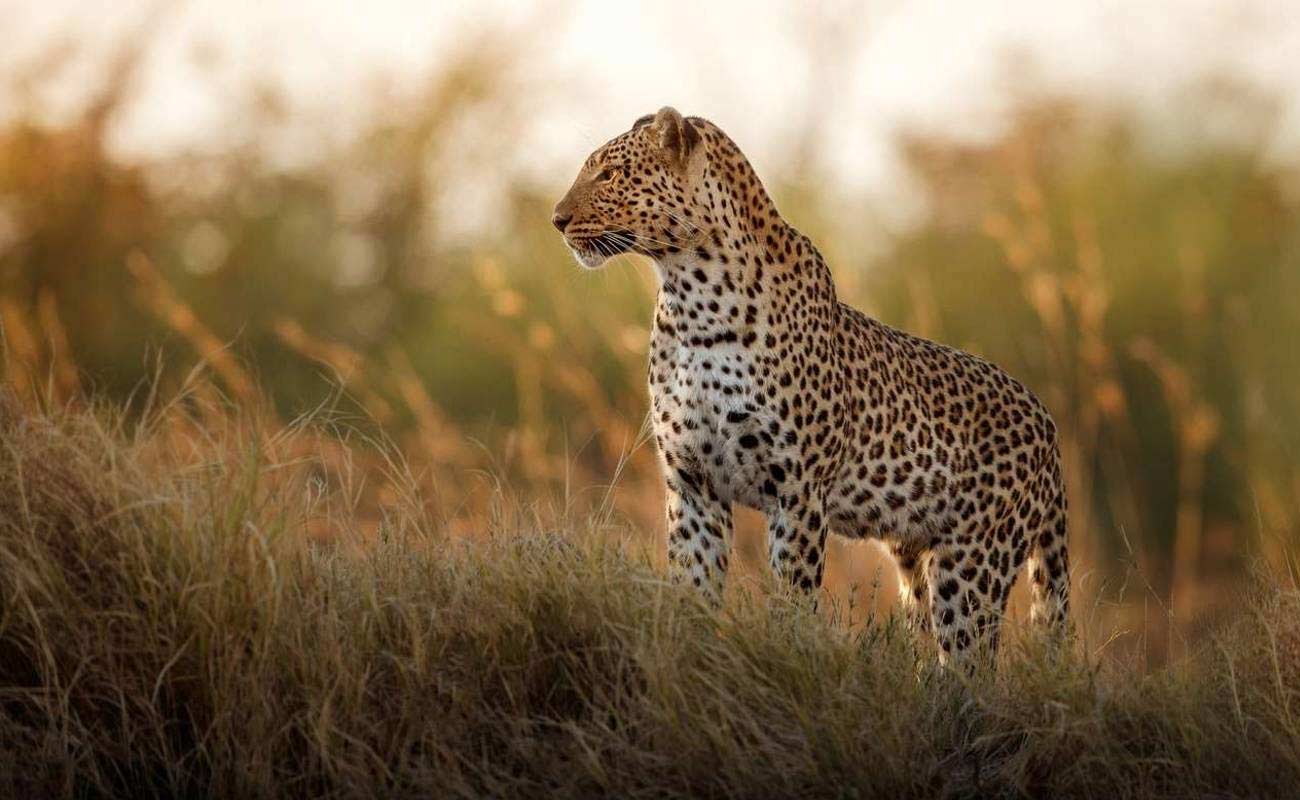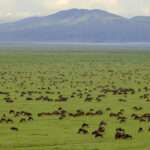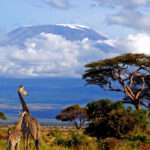prepare for a Tanzania safari
If you’ve secured a safari in Tanzania with an all-inclusive package, your meals and accommodations are likely already sorted. But before you embark, there are crucial steps to take. From essential documents to recommended vaccinations and packing tips, this guide ensures you’re safari-ready.
Essential Considerations for Booking Flights to Tanzania
Nyerere International Airport in Dar Es Salaam (DAR) and Abeid Amani Karume International Airport in Zanzibar (ZNZ) are the primary gateways to Tanzania’s wonders.
Given Tanzania’s vast expanse, strategically selecting your arrival airport is crucial, with Kilimanjaro International Airport (JRO) often being the most convenient hub for safaris. While initial flights to Dar Es Salaam may seem economical, they necessitate additional connections or lengthy ground travel, potentially up to a 12-hour journey, to reach Northern Parks. This incurs extra expenses and time, including overnight stays.
If your journey commences from Zanzibar or Dar Es Salaam heading to Northern Tanzania, opting for a direct connection to Arusha airport can streamline your travel. Our team will greet you there, eliminating the need for a further 40 km transit to your safari starting point.
Kilimanjaro International Airport (JRO), located just 50 km from Arusha, is the optimal gateway to Northern Tanzania, the vibrant hub for safari adventures.
Once you’ve booked your flights into Kilimanjaro International Airport, provide us with your flight details and we will organize a pick-up from the airport.
Necessary documents
Passport:

Having a valid passport is imperative for your journey to Tanzania. Ensure your passport remains valid for at least six months beyond your arrival date and has ample blank pages for visa and immigration stamps. Additionally, it’s prudent to carry a photocopy of your passport as an extra precautionary measure during your travels.
Vaccinations:
Yellow Fever vaccination is mandatory for travelers arriving from or spending over 12 hours in high-risk countries before entering Tanzania. It’s essential to carry your vaccination certificate as proof of immunization. While Yellow Fever is the only required vaccination, consulting your healthcare provider for other recommended vaccinations is advisable before your trip.
Immigration and Visas:
Obtaining a visitor’s visa is necessary for your Tanzanian safari adventure. Fortunately, acquiring a visa is hassle-free, with options for on-arrival issuance for nationals of many countries or utilizing Tanzania’s convenient e-visa system. To determine your eligibility and the application process, refer to the Tanzania Immigration Department website for detailed information.
Travel Insurance:
Securing comprehensive travel insurance is wise, offering financial protection against unforeseen circumstances during your journey. Mount Kilimanjaro climbers must have travel insurance, as it is a mandatory requirement. Our team can assist you in selecting a suitable insurance plan tailored to your specific needs and itinerary.
Money:

While most expenses are typically covered in all-inclusive safari packages, it’s advisable to have some local currency or USD for incidental expenses such as drinks, souvenirs, and gratuities. Notify your bank of your travel plans to ensure seamless international card usage, and ensure your PIN is four digits long to comply with Tanzanian ATMs. Tanzanian banks offer foreign exchange services, primarily accepting USD, Euros, or British Pounds. While USD is widely accepted, having Tanzania shillings is essential for local supermarket transactions. Urban areas like Arusha or Moshi are ideal locations for currency exchange, with ATMs predominantly available in these regions.
Pack your luggage
For a comprehensive packing guide tailored to your Tanzanian safari, explore our detailed list here. If you’re gearing up for the challenge of climbing Mount Kilimanjaro, find our specialized packing and gear recommendations here.
For a quick overview, packing for an African safari in Tanzania requires light layers and practical clothing choices. While the weather tends to be warm overall, be prepared for cooler temperatures during evenings and early mornings, especially in highland or northern regions. Given Tanzania’s equatorial location, the afternoon sun can be intense, making a hat and sunscreen essential items for sun protection.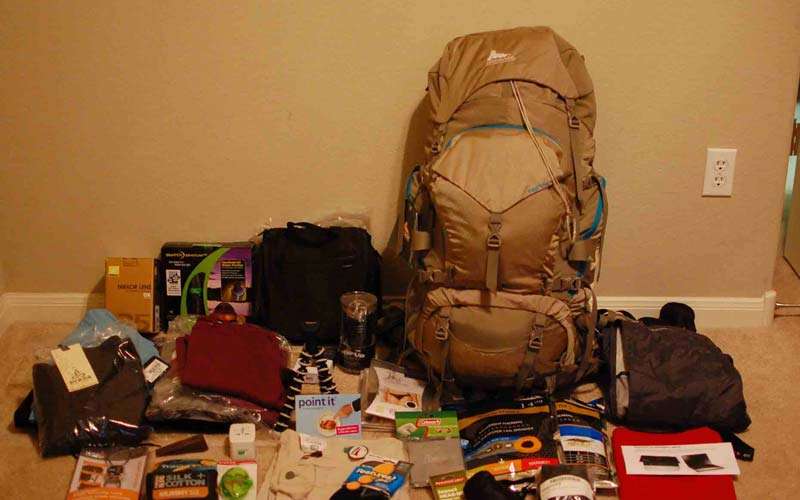
While fancy footwear or high heels are unnecessary, investing in a reliable pair of walking shoes is a wise choice, particularly if you plan on enjoying evening strolls or embarking on a walking safari in Arusha National Park.
Contrary to popular belief, there isn’t a prescribed ‘safari uniform’ in Tanzania, despite common portrayals in the media and among tourists. However, there’s merit to the preference for khaki attire: neutral colors in lightweight, quick-drying fabrics are practical choices for safari wear. While packing, consider that neutral tones are adept at hiding dust and mud stains, though it’s not obligatory to limit your wardrobe solely to khaki hues.
Dispelling a common myth, animals in Tanzania aren’t alarmed by colored clothing. Most animals perceive in black-and-white and are indifferent to the colors humans wear. They view safari vehicles and occupants as a cohesive entity. Therefore, you’re free to pack clothing in various colors, but remember, camouflage attire is exclusively reserved for members of the Tanzania People’s Defence Force. General khaki clothing, however, is permissible.
Here’s a checklist of essentials to pack:
– A lightweight jacket or sweater for cooler evenings
– Several long-sleeved shirts for sun protection
– A hat or cap to shield from the sun’s rays
– 1 or 2 pairs of sturdy, comfortable trousers for exploration
– A swimsuit for leisurely dips in lodge pools
– A pair of comfortable walking shoes suitable for traversing diverse terrains.
Other items
In Tanzania, the standard electric outlets commonly feature a three-pronged plug, often referred to as a “G plug,” akin to those utilized in the United Kingdom. If you’re arriving from a country with a different plug configuration, you have the option to either bring your adapter or conveniently purchase one upon your arrival in Tanzania.
For the comfort of our guests, hotels in Tanzania typically provide socket adapters tailored for European-type power plugs. Additionally, you’ll find these adapters available in our safari vehicles for added convenience during your journey.
To ensure your electronic devices stay powered throughout your safari adventure, it’s advisable to bring along a USB cable. Many of our safari vehicles are equipped with USB charging ports right inside, enabling you to easily keep your phone or camera charged while exploring the National Parks.
Curious about snacks? While you’re welcome to bring your treats, rest assured, we’ve got you covered with either a hearty boxed lunch or a delicious hot meal during your safari adventure. Our boxed lunches tend to hit the spot for many, but if you’re feeling peckish before dinner, we’ve got options to satisfy.
For those with dietary needs, bringing along your preferred snacks is a great idea. However, if you’re eager to indulge in Tanzania’s local flavors, your safari guide can arrange for some mouthwatering fresh fruits like bananas or mangos, crunchy peanuts, or even some delectable local donuts from nearby shops near the national parks.


